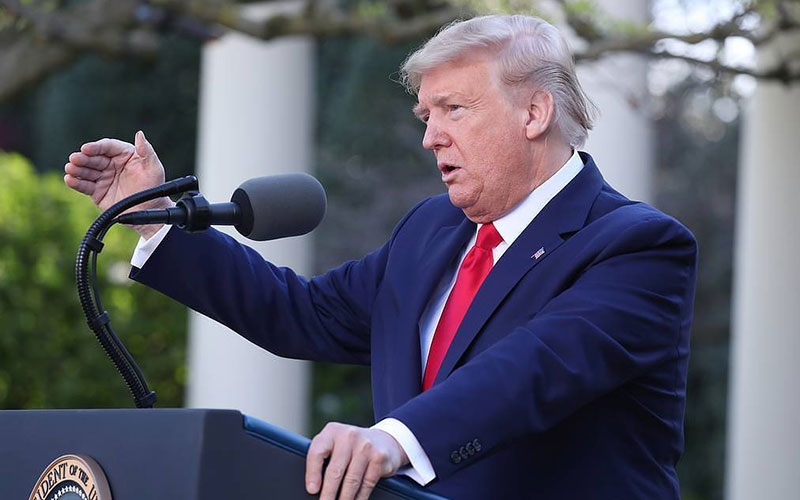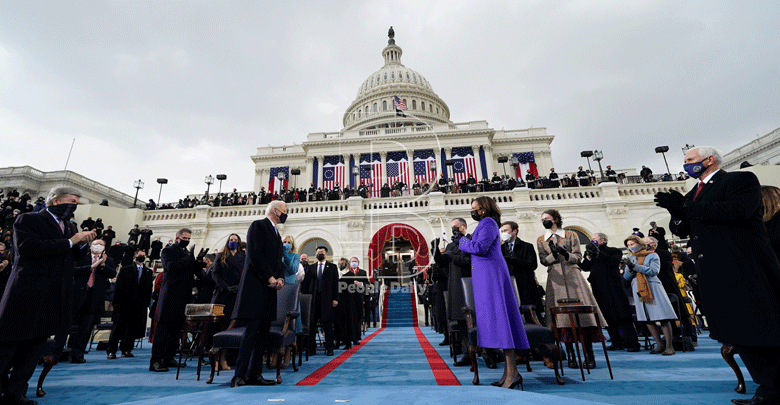Supreme Court: Trump loses on finance records

Washington, Thursday
The Supreme Court on Thursday blocked House Democrats from accessing President Donald Trump’s financial records, but ruled that the President is not immune from a subpoena for his financial documents from a New York prosecutor.
The cases were sent back to lower courts for further review, all but ensuring that Trump’s financial documents, which he has long sought to protect, will not be handed over before the November presidential election.
Chief Justice John Roberts penned the 7-2 opinion in the New York prosecutor case, and was joined by Trump’s two nominees, Justices Neil Gorsuch and Brett Kavanaugh. Justices Clarence Thomas and Samuel Alito filed dissenting opinions.
“(W)e cannot conclude that absolute immunity is necessary or appropriate under Article II or the Supremacy Clause.
Our dissenting colleagues agree,” the chief wrote, noting that the court is unanimous that there is no absolute immunity.
He added: “We reaffirm that principle today and hold that the President is neither absolutely immune from state criminal subpoenas seeking his private papers nor entitled to a heightened standard of need.”
Roberts also wrote the 7-2 opinion in the House case, and was joined again by Gorsuch and Kavanaugh, both of whom penned concurring opinions. In that case, Thomas and Alito also dissented.
“While we certainly recognize Congress’s important interests in obtaining information through appropriate inquiries, those interests are not sufficiently powerful to justify access to the President’s personal papers when other sources could provide Congress the information it needs,” Roberts wrote in the House ruling.
“(B)urdens imposed by a congressional subpoena should be carefully scrutinized, for they stem from a rival political branch that has an ongoing relationship with the President and incentives to use subpoenas for institutional advantage.”
Thomas said in his dissent that he “would reverse in full because the power to subpoena private, nonofficial documents is not a necessary implication of Congress’ legislative powers.”
“If Congress wishes to obtain these documents, it should proceed through the impeachment power,” he added.
Trump’s attorney, Jay Sekulow, celebrated the decisions. – AGENCIES













